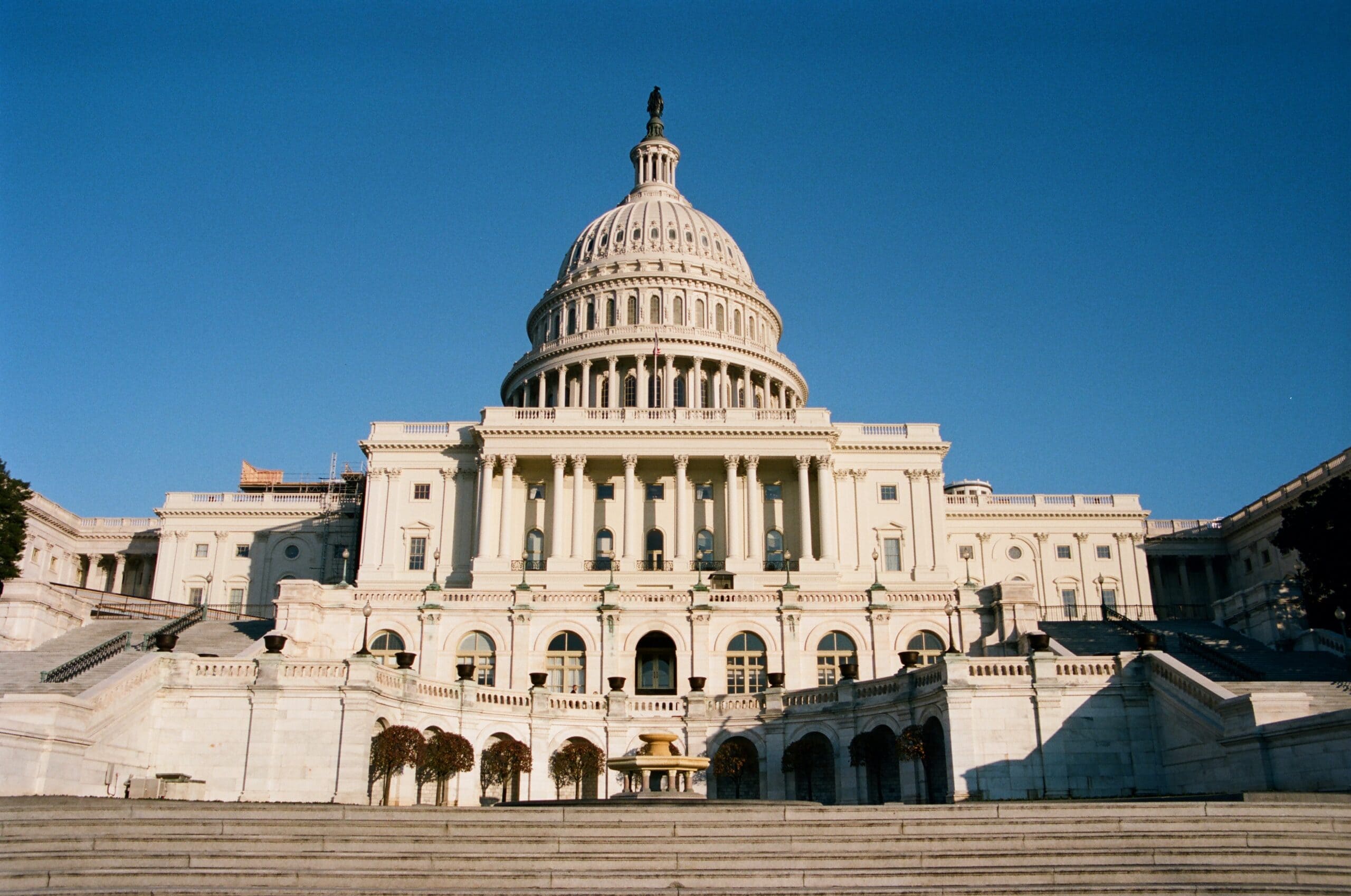On August 7, 2023, twelve United States senators penned a letter to the Federal Communications Commission (“FCC” or the “Commission”) requesting that the Commission issue guidance on current Telephone Consumer Privacy Act (“TCPA”) consent regulations (the “Letter”). As our readers are aware, the FCC has already promulgated comprehensive telemarketing rules. However, the senators argue that the proliferation of unwanted telemarketing calls remains a major consumer issue. The senators explain that clarification from the Commission on various aspects of TCPA consent would go a long way in assisting telemarketers and sellers with complying with existing telemarketing regulations.
Which Regulations Involving TCPA Consent did the Senators Ask for Guidance on?
The Letter specifically requests guidance on certain statutory provisions that address TCPA consent from different angles. First, the Senators ask for clarification on 47 C.F.R. 64.1200 § (c)(2)(ii), which addresses how telemarketers may obtain consent for calls to telephone numbers registered on the National Do Not Call Registry (“NDNC”).
The senators also seek direction on 47 C.F.R. 64.1200 § (f)(9), which defines “prior express written consent” under the TCPA. This section includes requirements on what constitutes a proper TCPA consent agreement including, but not limited to, a disclosure that the consumer authorizes the seller to deliver to the signatory telemarketing calls using an automatic telephone dialing system.
In line with the Federal Trade Commission’s (“FTC”) recent initiative, the senators request that the FCC provide guidance on the use of “marketing partner” lists in TCPA consent agreements. Guidance on this issue, the Letter suggests, would eliminate the sale and trading of consumer consent between marketing partners.
The Letter proceeds to address the fact that most TCPA consent agreements are executed online. The Electronic Signatures in Global and National Commerce Act (the “E-Sign Act”), the senators suggest, prohibits oral communication as a substitute for written signature.
The E-Sign Act and TCPA Consent
The letter specifically asks the FCC to clarify that oral communications cannot be used as a substitute for written TCPA consent under the E-Sign Act. This proposition could potentially confuse the industry at large. The senators’ interpretation of TCPA Consent in the context of the E-Sign Act appears to be an oversight, or an implicit request for the FCC to change its existing guidance. As noted by the senators, 15 U.S.C. § 7001(c)(6) provides that: “[a]n oral communication or a recording of an oral communication shall not qualify as an electronic record for purposes of this subsection except as otherwise provided under applicable law.” However, the FCC already issued guidance on this issue in 2012. The 2012 guidance is consistent with the FTC’s interpretation of written agreements, which provides that: “written agreements obtained in compliance with the E-SIGN Act will satisfy the requirements of its rule, such as, for example, agreements obtained via an email, website form, text message, telephone keypress, or voice recording.” The FCC also notes in its 2012 opinion that the E-Sign Act defines an “electronic signature” as “an electronic sound, symbol, or process attached to or logically associated with a contract or other record and executed or adopted by a person with the intent to sign the record.” 15 U.S.C. § 7006(5). Courts have routinely followed the FTC and FCC’s guidance, holding that voice recordings of TCPA consent agreements are enforceable under the E-Sign Act. As such, it appears the “written” agreement requirement is and should remain a bit of a misnomer.
Why is the Letter Important to Your Business?
Readers of our blog are aware of the latest guidance from the FCC on TCPA regulations. The August 7, 2023 Letter essentially serves as an unsolicited request from United States senators for further guidance on specific provisions of the TCPA. This Letter may carry some weight with the FCC, which may cause the agency to issue updated guidance.
Businesses should retain seasoned telemarketing law attorneys that can counsel them on compliance with ever-changing state and federal telemarketing regulations and guidance. If you require telemarketing law compliance assistance, please email us at info@kleinmoynihan.com or call us at (212) 246-0900.
The material contained herein is provided for information purposes only and is not legal advice, nor is it a substitute for obtaining legal advice from an attorney. Each situation is unique, and you should not act or rely on any information contained herein without seeking the advice of an experienced attorney.
Attorney advertising
Photo by Chad Stembridge on Unsplash
Similar Blog Posts:
FTC Guidelines on Negative Option Marketing Released




